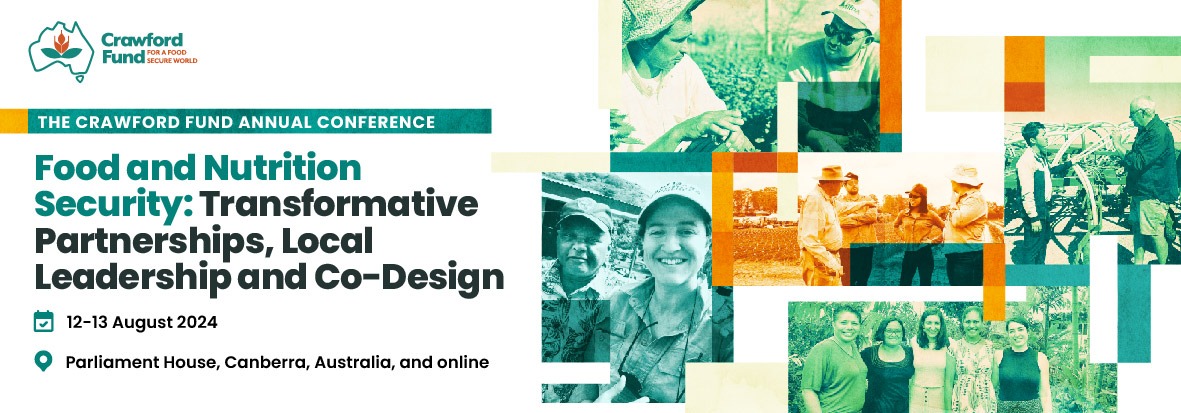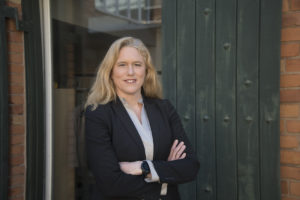

Dr Line Gordon
 Director, Stockholm Resilience Centre and Professor in sustainable food systems at Stockholm University
Director, Stockholm Resilience Centre and Professor in sustainable food systems at Stockholm University
Line Gordon has over 20 years of experience leading interdisciplinary teams in Sustainability Science. Her leadership focuses on investing in a collaborative, trust-based and creative working culture that enables us to achieve impact, while ensuring that scientific integrity underpins all our work.
Line Gordon’s research focuses on water and food systems as key entry points to build Biosphere resilience and improve governance of social-ecological systems, livelihoods, and public health. Her research is problem-oriented, interdisciplinary, and highly collaborative. She often leads and contributes to collaborations that bridge disciplines and technical skills to advance scientific frontiers. Gordon’s current research focuses primarily on the role of food system transformation for public and planetary health. This work includes leading the Just transformation working group of the EAT-Lancet 2.0 Commission, developing national Swedish food systems scenarios in the Mistra Food Futures programme, and working on gastronomic landscapes.
She has previously done research on livelihood resilience and ecosystem services in sub-Saharan Africa (Burkina Faso, Tanzania, South Africa, Senegal, and Ghana), and on the critical roles of “invisible water flows” across local to global scales, in particular highlighting how global land use change, and evaporation and precipitation interact.
Line Gordon has an undergraduate in biology. She got her PhD in 2003 in Natural Resources Management, Department of Systems Ecology, Stockholm University. She was a postdoctoral fellow at the International Water Management Institute (IWMI) in Colombo, Sri Lanka. She has also been a visiting researcher at University of Kwa-Zulu Natal, South Africa, CIRAD in France, McGill University in Canada, and STIAS – the Stellenbosch Institute for Advanced Study in Stellenbosch, South Africa. She was appointed the Curt Bergfors Professor in Sustainability Science with a focus on food systems in 2021. Line Gordon serves on many different boards and advisory boards.
Dr Line Gordon – Sir John Crawford Memorial Address, 2024 Crawford Fund Conference
Session 5 Panel Discussion – 2024 Crawford Fund Conference
